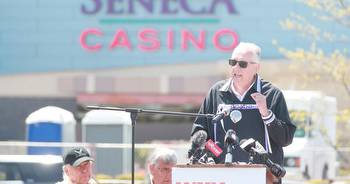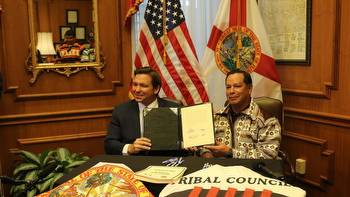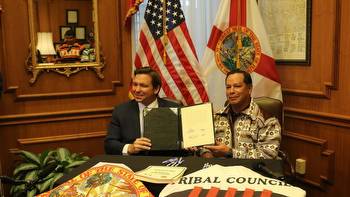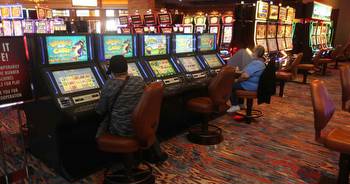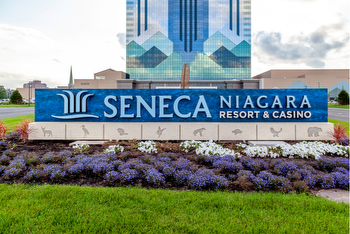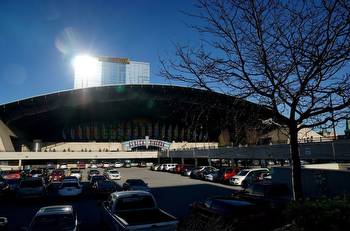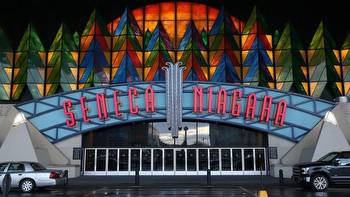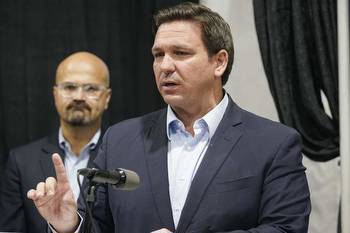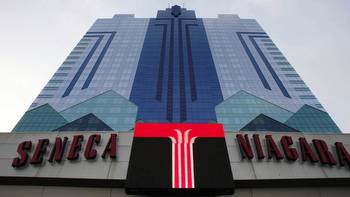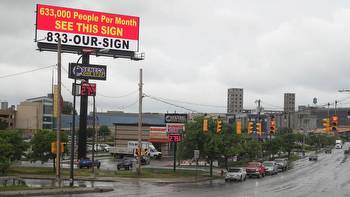New York fires back at Seneca Nation claims in $470 million casino dispute

(The Center Square) – Lawyers for the state of New York claim the new developments that leaders from the Seneca Nation of Indians have presented to a federal judge in the case regarding their gaming compact do not merit holding up an order demanding the tribal nation pay a $470 million judgment to the state.
Last month, tribal officials provided U.S. District Judge William Skretny with a letter that Assistant Interior Secretary for Indian Affairs Bryan Newland sent to E. Sequoyah Simermeyer, chairman of the National Indian Gaming Commission, asking for the federal regulatory body to determine whether the payment would violate the Indian Gaming Regulatory Act.
In that letter and a subsequent letter from the NIGC to Seneca officials, federal officials have raised concerns that the payment may indicate the tribe no longer maintains its status as the “sole proprietary interest” from its gaming operations.
Federal law stipulates states can only collect fees to cover regulatory costs. In order to receive additional revenue, the law requires states to provide benefits in return.
In 2002, the Seneca Nation and New York officials signed off on a 14-year compact that gave the tribe the right to operate three Class III casinos in the western part of the state. The compact included an automatic seven-year extension. However, the framework only noted that payments were required for the first 14 years.
The state and tribe did not agree that the payments were required to continue. An arbitration panel, a federal district judge and an appeals court all ruled in the state’s favor. The Senecas chose not to take the appellate court’s ruling from February to the Supreme Court.
However, when tribal leaders notified Interior officials it would be making the payment, the department responded that it did not conduct an economic assessment of the seven-year extension. That is required under IGRA and prompted the Senecas to seek a stay back in April.
With the NIGC review taking place, tribal leaders are now asking for Judge Skretny to hold off on enforcing the judgment until the commission determines if the payments are valid.
In its response last week to the Seneca Nation’s request, lawyers for New York said the tribe is seeking an “end run” from the judgment by getting federal officials involved.
“Furthermore … the NIGC Letter did not state or even intimate that the NIGC intends to take any enforcement action against the Nation,” wrote Gregory Starner, a lawyer from White & Case LLP.
While at this week’s Global Gaming Expo in Las Vegas, Simermeyer declined to comment on the matter.
A spokesman for Gov. Kathy Hochul also told The Center Square that it denied any claims that the state has not provided a valuable return for the payments.
Deputy Communications Director for Economic Development Jason Gough said that the tribe received prime real estate in both Buffalo and Niagara Falls, including the Niagara Falls Convention Center, in perpetuity.
He added that the state also gave the tribal exclusive gaming rights for an 11,000-square-mile region, with state lawmakers taking action to ensure a state-licensed casino would not be located in that area after voters approved a 2013 constitutional amendment allowing state-licensed casino resorts.
“It is short-sighted to think the Seneca benefits were fleeting,” Gough said. “What they received extends well beyond the length of any compact.”









